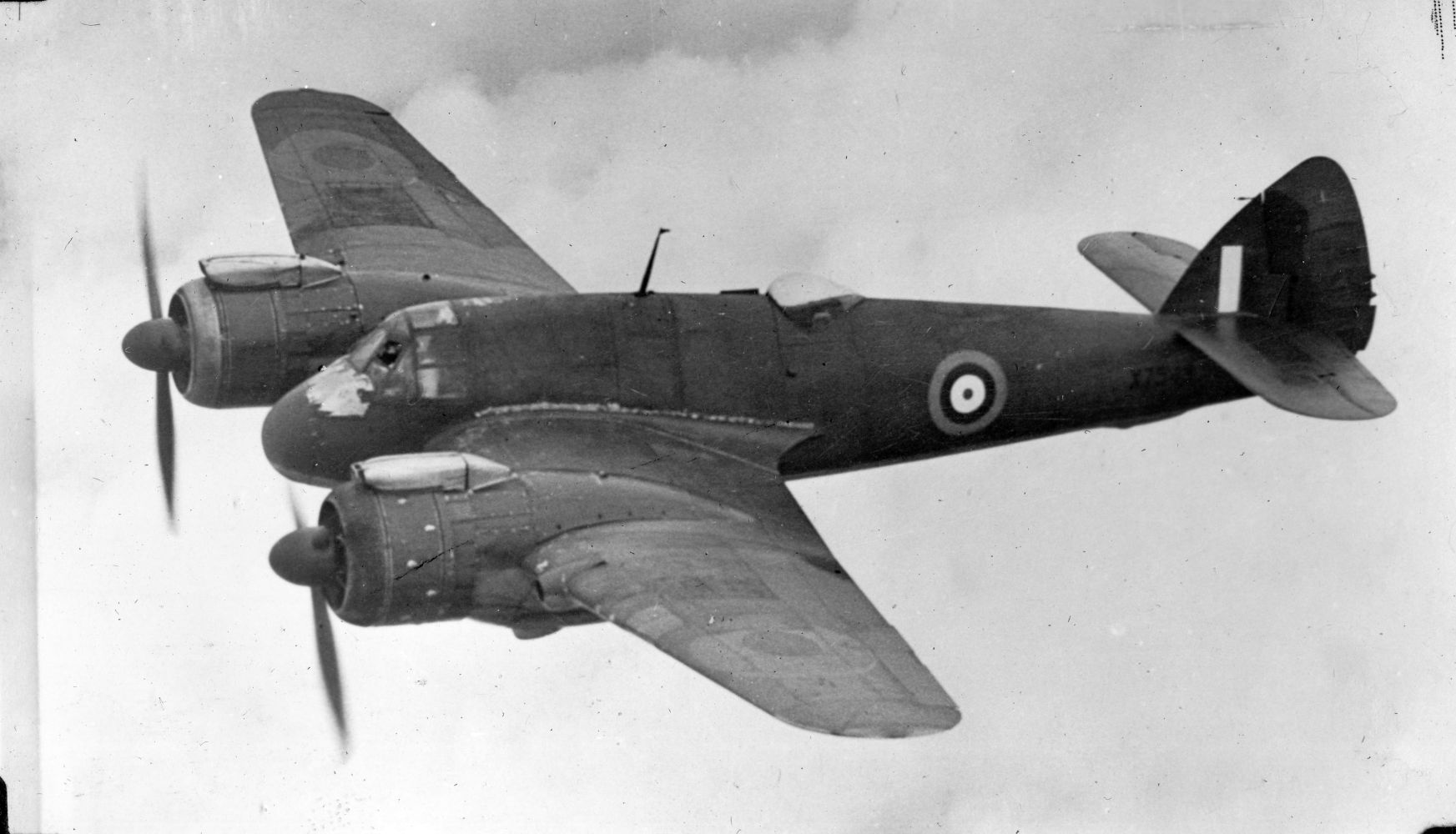Not so long ago, a set of rickety fighter planes flew in squadrons over the sea. At night, the heavy rain must have struck the wings with a constant drumming, and lightning must have flashed over the sea, but the planes kept on, droning to their destination.
Their destination was a sleepy beach town, on the coast of England. Had the planes flown a little closer to the ground, they would have seen red-roofed cottages, artfully overgrown gardens, and lavender fields stretching inland. For now, though, they could only see the reef. Beyond the reef, next to a sloping island of sand dunes, there was a passage of water, leading the way to a small staithe. Before the war, the staithe would have been cheery and picturesque, sailboats and rowboats of all shapes and sizes lined up neatly. At the time the planes approached, it was the largest air base in England. Not a mile away, thousands of planes were waiting to be rushed to the front lines, forming the primary line of defense. A small fleet of ships stood at attention, waiting to take rations and fighters to places where neither would likely come back.
A night-guard was on patrol when they heard the whine of the engines and saw the planes dropping out of the sky, swastikas painted on each wing. The airfield operation had been discovered. An order to evacuate and prep an air squadron now was shouted through the radio, but it was too late. The bombs dropped, black metal falling though black sky, linked strings of them seeking their targets. There was a moment of quiet, then the sky lit up with fire. The ships were torn apart in flashes of blood-red and orange, a deafening explosion with each pulse of light.
The Nazi pilots turned tail, job completed, but the urgent call for an air squadron had been answered. The Royal Air Force was well-equipped, and it extended far past what Germany knew. Spitfire fighter planes took their revenge, and plane after plane was downed, falling under the water like stones. Only twenty bombers were left, and they made their escape over the island.
They, too, were shot down. In flames, they spiraled down to the sand. Nobody went to retrieve them, because in wartime, when time and energy were worth lives, who would?
76 years later
I wake up in a plushy bed, cold despite several quilts layered on top of me. Upon glancing at the clock, I groan and cover my face with the pillow. It’s 6:30 AM, and guests are not exempt from chores- especially not visiting American cousins. Pulling on long khaki pants and work boots, I slide down the stair railing to breakfast. There are lovely smells coming from the general direction of the kitchen, and I can see my aunts amidst clouds of steam and the hiss of frying pans. Sentiments of “Morning!” and “Would you like some tea?” float around the room. I gratefully accept the tea and an apron, taking my place at the griddle. I flip pancakes and sprinkle them with fresh blueberries, pouring tall glasses of orange juice in my spare seconds. This breakfast has to feed seventeen people, so all hands are needed on deck. By 6:45, everyone is up and eating, serving themselves from giant platters of pancakes, buttered toast, eggs, and bacon. I am put in charge of herding the small children, who run around shrieking with joy, petting the dog’s tail and clinging onto my legs with their tiny chubby hands. We are all getting ready to start our chores in the garden and farm, planted on the ghost of an RAF airfield, and whoever eats first gets to pick the easy work.
My miniature charges and I are sent out to the chicken coop. I tend to call our chickens “the gang” or “the rascals”, judging by their quarrelling, loud squawking, and all-around disarray, but my uncle calls them “the ladies” or “the dames”, as if he were a butler shepherding a group of well-bred lasses into the parlor for tea. Today, we find five warm eggs in the hay- I let the little ones pick them up and place them in an old basket.
“We’ve got ourselves an omelet,” I shout down to my brother, who’s helping to collect honey from the beehives.
A response comes back up to me. “Hooray!”
On our way back to the house, we see the cat has dined well too, for an errant trail of blood leads to a mostly dismembered mouse.
After breakfast, our days are spent mostly by the seaside. The local staithe is foggy gray in the morning, but as we run along the cockle path, the clouds clear to shining sun. The cockle path in question consists of mostly dried mud, which rubs against my bare toes. The marsh stretches out for miles in all directions, settled with lavender and sharp, spiky blades of long grass. The children are told, “Watch your step, or you might end up in the mud!” This mud is not the watery, goopy sort you get after rain in Michigan, but a special, deadly variety- obsidian black and stretching all along the marsh. It stretches beneath the trodden ground, bubbling; every Norfolk child knows not to venture into the deep mud. It pulls you in faster than quicksand, and in some places is deeper than twenty feet. Some children have played there regardless- but only a few ever came back out.
The cockle path stretches all the way to the sea, where we wade out to an island at low tide. I know this island well, because it’s been my family’s playground, beach, and chosen picnic spot for the last several decades. My sea-chilled feet are grateful for the warmth of dry sand, rising in dunes and stretching out to the open ocean. As soon as I arrive, I sprint down to the beach, scattered with smooth rocks and aged seashells, for every part of me aches for the pulsing rhythm of the sea, waves breaking across the reef and winding their way into the staithe. My arms cut through the water as I swim up the tide, straining with the effort, then relax as I float down again. My littlest cousins beg me to sculpt them into sand mermaids, complete with a graceful tail covered with oysters, pearly razor shells, and former homes of hermit crabs. I tell them I would love nothing more. In the moment, it is all fun and games, smiles and sand: but there are undertones of fear, of long-buried suffering, for we all know the story of that night not so long ago. We don’t talk about it, but we know that on the other side of the island, there are still-live bombs dropped by fighter pilots. We know that every five years or so, another downed plane is discovered- there are bodies there, only barely covered by the shifting sands.
Despite its loveliness, Norfolk is unsettling. Sometimes, the past can be generous and forgiving, bringing country cottages and beach afternoons, but there are days when it knows neither mercy nor science, days when the waves rage at the shoreline and lightning strikes the waters. Time and Nature can be cruel, cruel mistresses, and the bones by the sea warn you only once.

